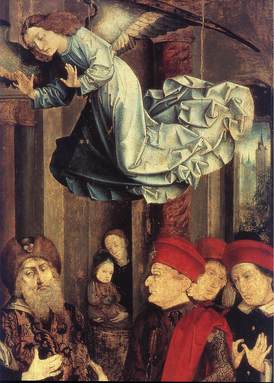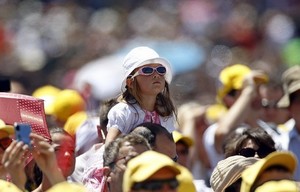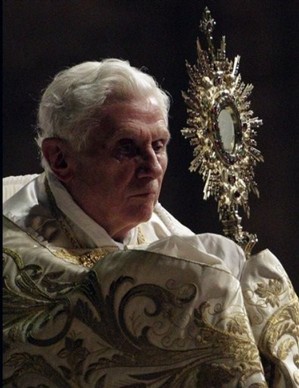
It is only because God himself is the eternal dialogue of love that he can speak and be spoken to. Only because he himself is relationship can we relate to him; only because he is love can he love and be loved in return. Only because he is threefold can he be the grain of wheat which dies and the bread of eternal life.
Ultimately, then, Corpus Christi is an expression of faith in God, in love, in the fact that God is love. All that is said and done on Corpus Christi is in fact a single variation on the theme of love, what it is and what it does. In one of his Corpus Christi hymns Thomas Aquinas puts it beautifully: love does not consume: it gives and, in giving, receives. And in giving it is not used up but renews itself.
Since Corpus Christi is a confession of faith in love, it is totally appropriate that the day should focus on the mystery of transubstantiation. Love is transubstantiation, transformation. Corpus Christi tells us: Yes, there is such a thing as love, and therefore there is transformation, therefore there is hope. And hope gives us the strength to love and face the world.
Perhaps it was good to have experienced doubts about the meaning of celebrating Corpus Christi, for it has led us to the rediscovery of a feast which, today, we need more than ever.
Pope Benedict XVI Benedictus



